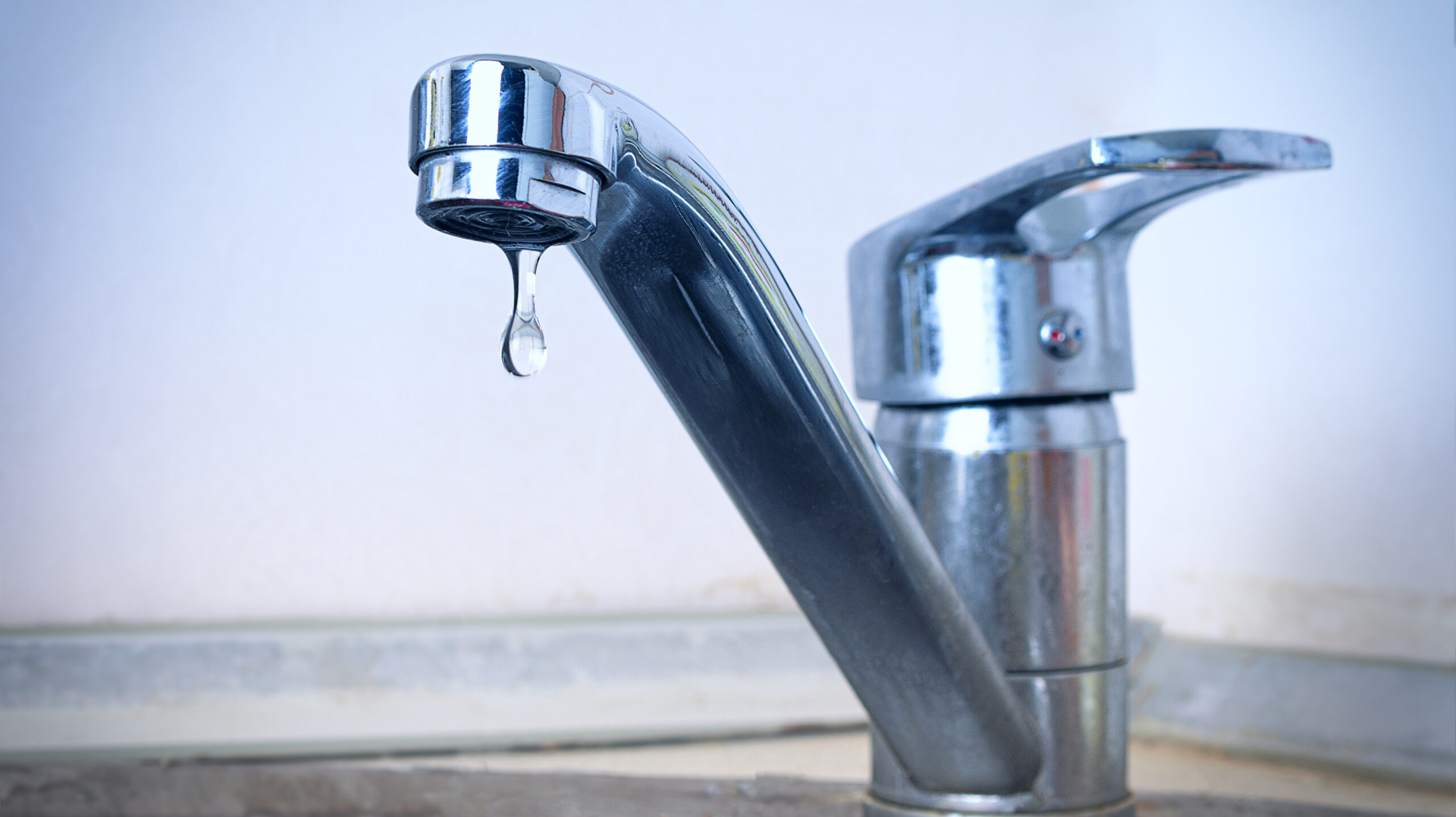The city of Madison, Alabama, plans to stop adding fluoride to its public water system on June 16, a practice that has been in place for over three decades. Madison would become the sixth city to suspend the practice in the last year.
The initial discussions about removing fluoride from Madison’s water system began quietly within the Madison Utilities Board in March. Internal reviews identified concerns about the safety risks of handling hydrofluorosilicic acid, the chemical compound used to fluoridate drinking water. While widely used, fluoride is a highly corrosive substance that presents occupational hazards during handling and system maintenance.
Utility managers noted that fluoride contributes to equipment wear and increases long-term maintenance costs.
The Madison Utilities Board formally voted to remove fluoride from the water supply on March 17. Last Monday’s utility board meeting was the first meeting since the decision was announced, drawing responses from community members.
Public response was mixed. Some residents supported the move, arguing that fluoride should be a personal choice rather than a city-mandated additive. Others expressed strong opposition, warning of a rise in preventable dental conditions, especially among children and vulnerable populations with limited access to regular dental care.
After the public hearing and additional review, the Madison Utilities Board confirmed that a second public hearing would be held on May 13 at 5:30 p.m. at 101 Ray Sanderson Drive, with the possibility of a second vote at a later date.
Despite a changing public opinion, public health experts continue to advocate for community water fluoridation, with decades of research touting its effectiveness.
In Alabama, the decision to fluoridate public water systems is not mandated at the state level but is determined by local authorities. The Alabama Department of Public Health supports community water fluoridation as a proven method to prevent tooth decay and improve oral health.
Although there isn’t a state mandate, approximately 76.6 percent of Alabama’s population served by community water systems received fluoridated water in 2022, ranking 24th nationally in fluoridation coverage.
Thirteen states have laws requiring certain public water systems to fluoridate, while others leave the decision to local governments or water authorities. The Centers for Disease Control and Prevention does not mandate fluoride but considers water fluoridation one of the greatest public health achievements of the 20th century for preventing tooth decay across a community.
The American Dental Association and other medical organizations also support water fluoridation as a safe and effective means of preventing dental cavities across all socioeconomic group.




















































